Mazda Motor Corporation today announced plans to construct an engine plant in the Chonburi Province of Thailand. Operations are expected to begin in the fourth quarter of 2015 when the plant will begin assembling the SKYACTIV-D 1.5 clean diesel engine for the all-new Mazda2 for the Thai market.
In February 2014, Mazda applied with the all-new Mazda2 to the second phase of the Thai government’s Eco-Car program* which applies a preferential taxation system to fuel-efficient, low-emission vehicles, and the model has been approved. The new engine plant is being built to meet the requirements of the program. Upon receiving approval, production of the all-new Mazda2 for the Thai market began at Auto Alliance (Thailand) Co., Ltd., on October 27, 2014.
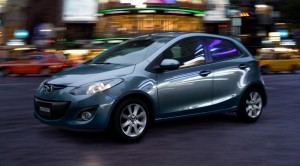 Mazda plans to raise the ratio of SKYACTIV models to 85 percent of its target global sales volume for fiscal year ending March 2016. At Mazda’s powertrain manufacturing facility in the ASEAN region, Mazda Powertrain Manufacturing (Thailand) Co., Ltd. (MPMT), construction of a new transmission factory has been completed and preparations are underway for start of operations in January 2015. The new engine plant will be constructed on an adjacent site and will enable comprehensive local production of SKYACTIV models in Thailand.
Mazda plans to raise the ratio of SKYACTIV models to 85 percent of its target global sales volume for fiscal year ending March 2016. At Mazda’s powertrain manufacturing facility in the ASEAN region, Mazda Powertrain Manufacturing (Thailand) Co., Ltd. (MPMT), construction of a new transmission factory has been completed and preparations are underway for start of operations in January 2015. The new engine plant will be constructed on an adjacent site and will enable comprehensive local production of SKYACTIV models in Thailand.
The new engine plant will begin with an engine assembly facility with a production capacity of 30,000 units per year. In order to meet the requirements of the second phase of the Thai government’s Eco-Car program, Mazda plans to increase production capacity and construct an engine machining facility. The engine plant in Thailand will become the fourth production facility producing SKYACTIV engines, along with the Hiroshima Plant in Japan, Changan Ford Mazda Engine Co., Ltd. (CFME) in China, and Mazda de Mexico Vehicle Operation in Mexico.
Regarding the construction of the Engine plant in Thailand, Mazda’s Director and Senior Managing Executive Officer Yuji Nakamine said, “We are very excited to announce this development. Thailand is Mazda’s main production base in the ASEAN region, and establishing a comprehensive framework for the production of SKYACTIV models-covering engines, transmissions and vehicle bodies-will enable us to make an even greater contribution to the development of the Thai automotive industry.”
Through a variety of contact points, including the manufacture of high-quality vehicles, Mazda aims to enrich the lives of its customers and become a brand which has a special bond with those customers.
* The Thai government’s tax incentive program for fuel-efficient, low-emission compact cars (with engine displacements of 1.3 liters or less for gasoline, and 1.5 liters or less for diesel). Requirements for the program include meeting Euro 5 emission standards, fuel economy of 4.3 liters per 100km or better, and CO2 emissions of 100g per km or less. Models approved for the program receive preferential taxation in terms of corporate income tax, equipment import duties, etc.



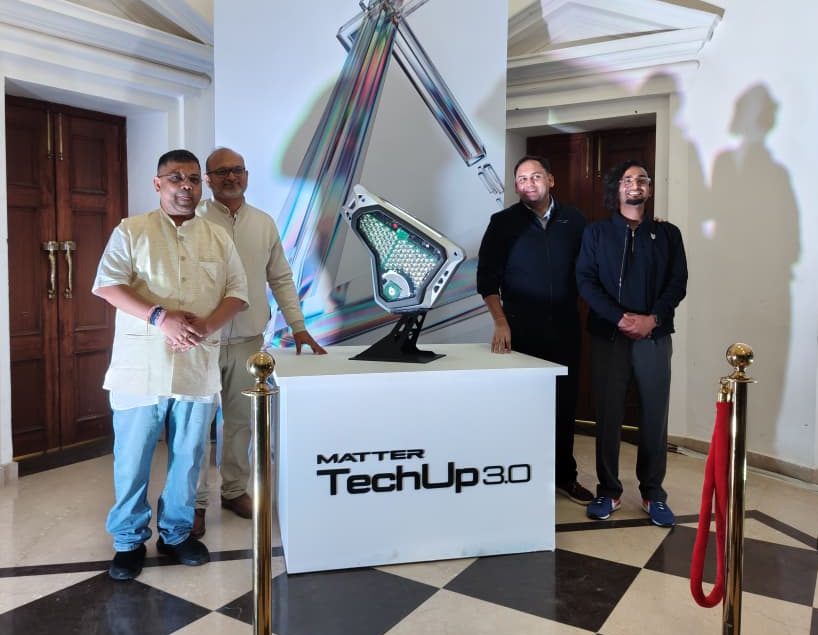
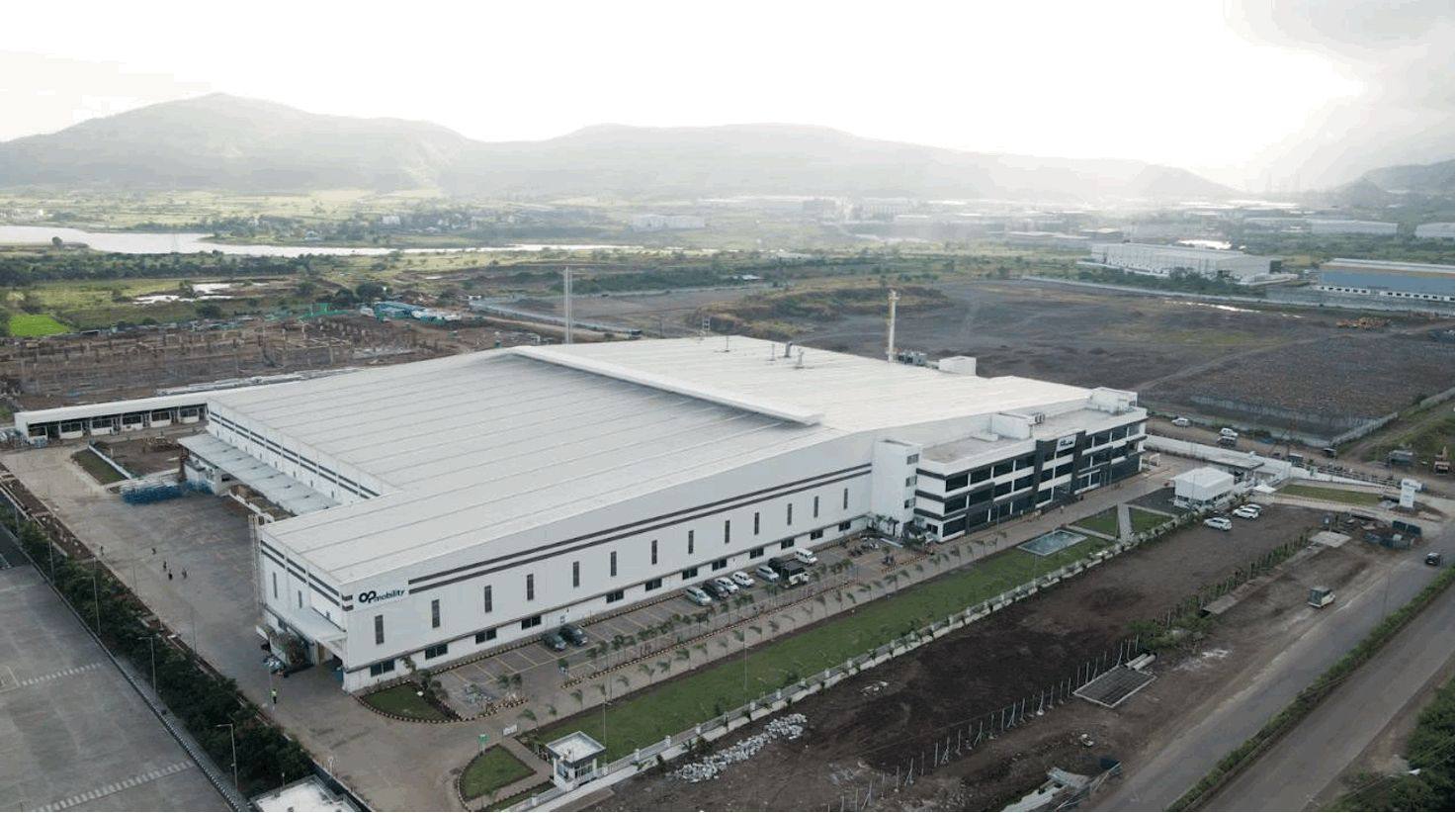

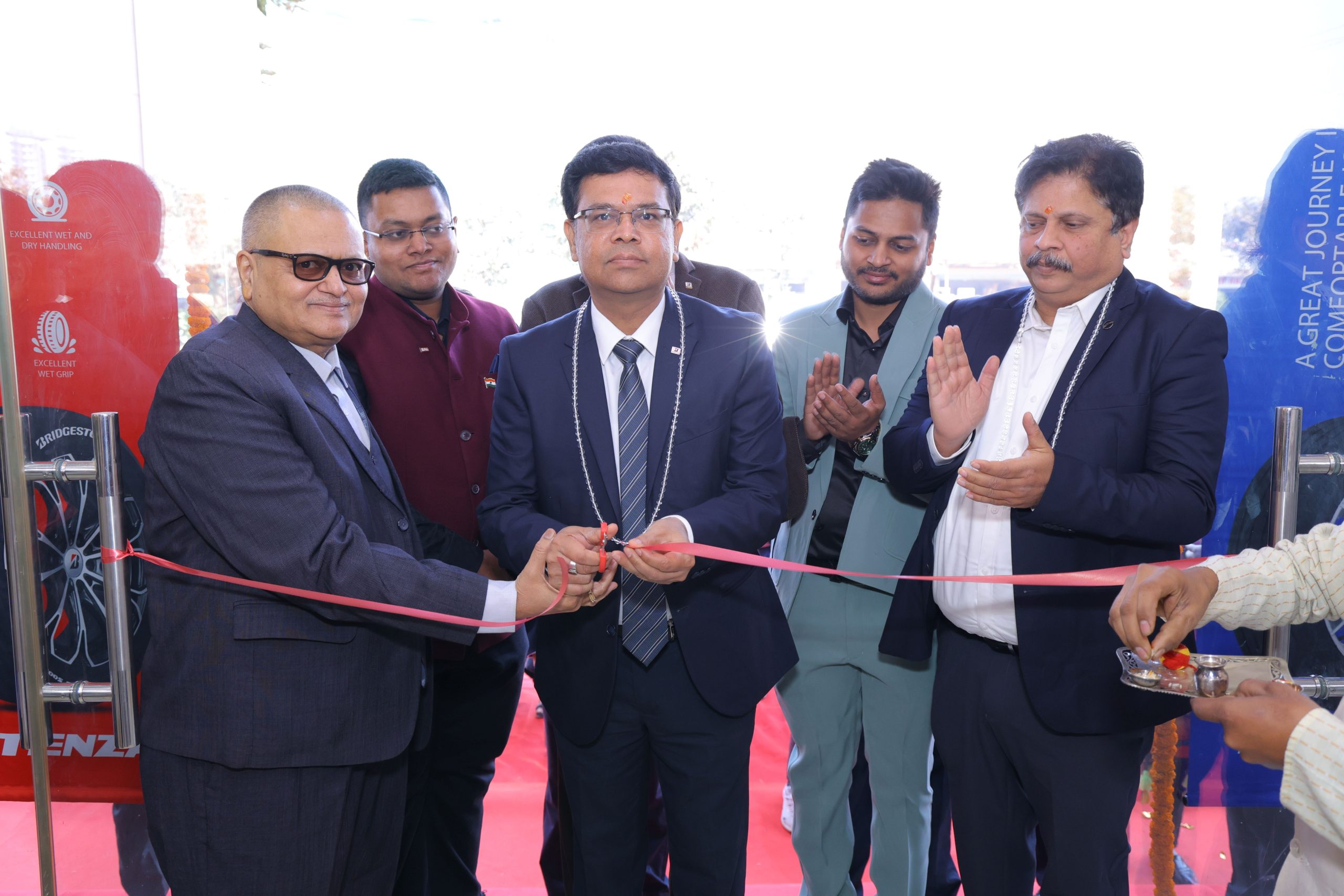

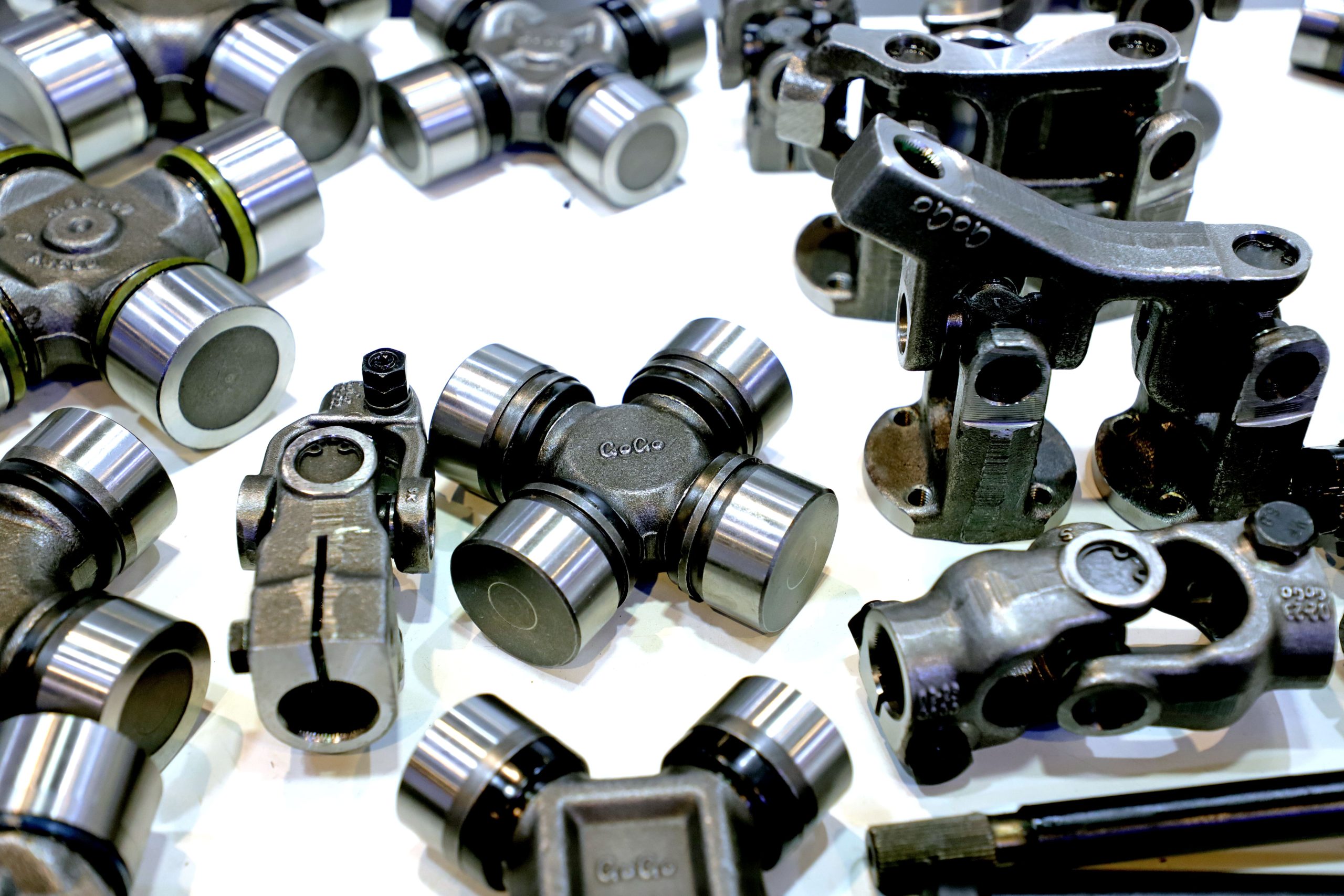
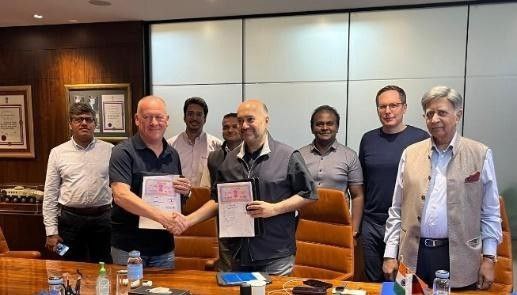
Leave a Reply